Looking back at our pilot CCR project
In light of the recent catastrophic floods and bushfires across Australia, it has become evident that the capacity of government bodies and emergency services to respond effectively is often challenged. The commendable, albeit improvised, efforts by the impacted communities have highlighted the urgent need for structured community-based response mechanisms. This necessity aligns with the observations of the 2020 Bushfire Royal Commission and the recommendations from the 2022 NSW Flood Inquiry, advocating for community-based first responder training programs.
This is exactly what Plan C has been doing since before Black Summer. We created the Community Carers and Responders (CCR) network in 2021 and teach everything from disaster preparedness, communications, food security, community organising, psychological first aid, self-care and more.
The CCR project was conceived to enhance community resilience against a range of disruptive events, encompassing both natural hazards and socio-economic crises. It does so by training, equipping, and supporting community leaders across 7 LGAs of the Northern Rivers of NSW to become a network of 300+ volunteer CCRs.
As of today, we are a network of 272 trained individuals, 187 first aiders, and 141 individuals proficient in Psychological First Aid. Together, we've embarked on a transformative journey, reorienting our lives in small and big ways and creating spaces that are not only physically secure but emotionally nurturing.
Kamala Harris, one of the CCR training facilitators, proudly showing the CCR kits
Our programs focus on ensuring our food, water, energy and communication systems are being strengthened at the grassroots level, and that our communities have plans, connections and resources in place for addressing their needs both in times of peace and during emergencies. It's very important to us that this is done well, so we place a great amount of focus on fostering ethical resilience, emotional intelligence, effective communication and leadership skills.
A recent evaluation of the CCR network found that the pilot program has had significant achievements, including improved community resilience, increased awareness of disaster preparedness, and the formation of strong community bonds.
Tangible outcomes include the creation of risk reduction plans, the formation of neighbourhood resilience groups, the organisation of many community-building events and food security initiatives, the setting-up of emergency radio communications, and more. One of the greatest benefits of the CCR program has been enhancing networks and connecting community leaders across the Northern Rivers. The CCR network also enabled local solutions to disaster preparedness and recovery, established well-being initiatives, and addressed the needs of vulnerable groups in disaster situations.
The project has catalyzed transformative recovery by imparting knowledge, confidence, and skills to participants, leading to a profound personal shift. Testimonials, like Justin's who cites significant fear reduction and empowerment, along with data collected by the Plan C team, indicate enhanced community connection and a sense of empowerment.
Plan C has demonstrated an adaptive approach to program management, including eliciting feedback from CCRs across surveys, interviews, focus groups and through analysing group discussions online. The training program, mentoring and supplementary activities have been continuously updated and amended based on this feedback.
Further opportunities to amend the program include: development and implementation of a ‘Young CCRs’ program, creating sub-modules on topics such as food security, furthering engagement with First Nations groups, exploring the gendered dimensions of community resilience building, researching the motivations for community action and mindset shifts, ensuring greater sustainability of funding sources and potentially expanding the CCR training to other parts of Australia.
Our current focus is the Northern Rivers area, but ultimately our goal is to ensure that these programs are rolled out to communities Australia-wide. We've recently supported communities getting organized in the Blue Mountains, Hawkesbury and Sunshine Coast. We offer a comprehensive modular training program delivered over 4 weeks alongside a mentoring program that helps community leaders develop resilience-building projects suitable for their community and “stay the course” long after the formal training has finished.
We are rolling full steam ahead and have provided 119 days of training since the February 2022 floods and 20 public events benefiting an estimated 10,000 community members.
Read our CCR evaluation here.

